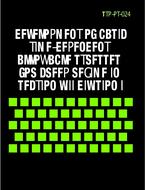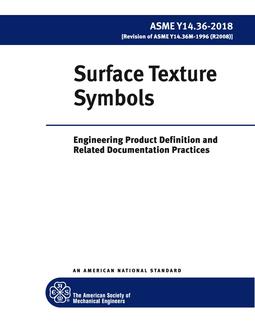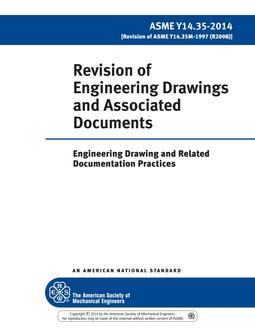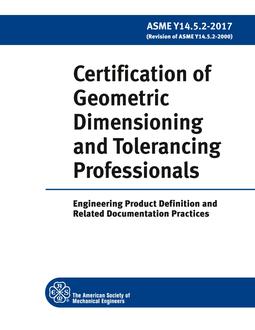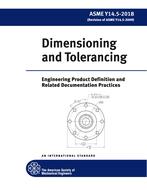Description
ASME STP-PT-024 – Development of Basic Time-Dependent Allowable Stresses for Creep Regime in Section VIII, Divison 1
The rules of Section VIII, Division 1 provide an allowable stress for design of pressure vessels that is independent of load duration. In the time dependent regime where failure by creep rupture is a consideration, the actual life of the vessel depends on a number of things, including the margins provided in the allowable stresses, the margin between design pressure and operating pressure and the margin between design temperature and operating temperature. While material properties for a time duration of 100,000 hours are included as part of the basis in establishing the allowable stress, this is not an anticipated nor a design life for the pressure vessel.There are short term conditions for which design based on an allowable stress set based on long term creep properties is unrealistically conservative. An obvious example is earthquake loading, which is of very short duration, for which creep rupture is not a relevant failure mode. Another example, albeit more subjective, is loading due to extreme wind, the wind velocities typically used in design. With respect to overload failure, the relevant material properties are yield and tensile properties, not creep properties. Considering, for example, the ratio of yield strength to the allowable stress for Type 304H stainless steel at 1200°F and 1400°F are 2.3 and 5.0 (yield strength values per Section III, Subsection NH [5]), respectively, provides an indication of the conservatism of using creep properties for earthquake design. In addition, there are processes that operate at various conditions. An example would be longer term operation at a lower temperatures combined with short term regeneration conditions at higher temperatures. If rules could explicitly consider load duration, the short term condition could be designed for a higher allowable stress than is provided in the Code allowable stresses, which are based on long term operation.Finally, it may be desired by a user to explicitly design for a specific life, rather than accept the indeterminate life that results from the combinations of margins mentioned above. Rules that provide for consideration of time dependent allowable stresses can be used to explicitly design for a specific life, e.g., 300,000 hours. This report provides recommendations for design rules for very short term loads for which creep should not be a design consideration, termed Occasional Loads herein, and rules for loads for which creep is a design consideration, termed Time Dependent Design Considering Creep.
Product Details
- Published:
- 11/21/2008
- ISBN(s):
- 9780791831892
- Number of Pages:
- 64
- File Size:
- 1 file , 1.4 MB
- Note:
- This product is unavailable in Ukraine, Russia, Belarus

